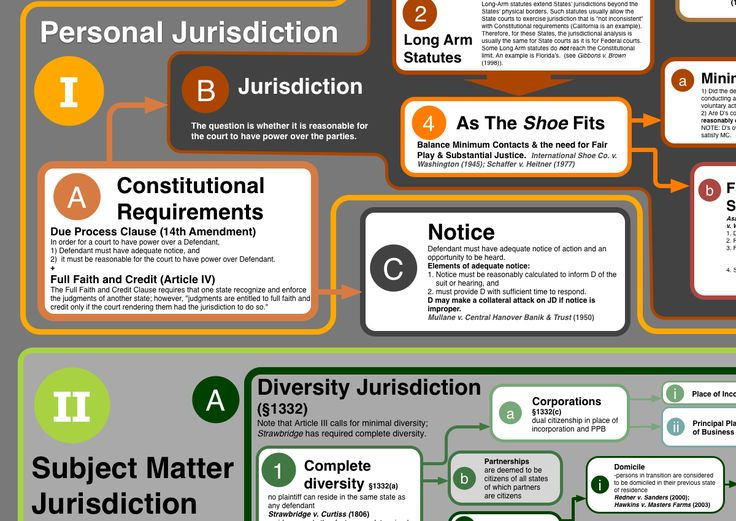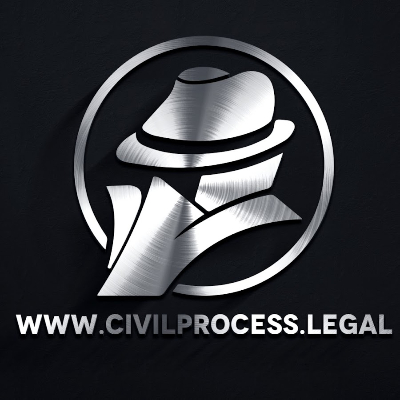Introduction: The civil process legal system plays a critical role in the administration of justice. It encompasses various legal procedures and regulations that govern civil disputes between individuals, organizations, or entities. In this article, we will dive into the concept of civil process legal, explore its key components, and provide valuable insights for navigating the complex legal landscape.
Civil Process Legal: Unraveling Legal Procedures Civil process legal refers to the rules and regulations that govern civil litigation, including the process of initiating, conducting, and resolving civil disputes. It encompasses various stages, from filing a lawsuit to the final verdict or settlement. Understanding this process is essential for individuals and organizations involved in civil disputes.
Key Components of Civil Process Legal:
- Filing the Complaint: The civil process starts with the plaintiff filing a complaint or petition with the appropriate court. This document outlines the details of the dispute, identifies the parties involved, and presents the legal basis for the claim.
- Service of Process: After the complaint is filed, the defendant must be formally notified of the lawsuit through a process called “service of process.” This ensures that all parties have the opportunity to respond and participate in the legal proceedings.
- Pleadings and Discovery: Once the defendant has been served, the parties engage in the exchange of pleadings—a written statement of each party’s position and legal arguments. Discovery follows, during which both parties gather evidence, obtain witness statements, and explore the strengths and weaknesses of their case.
- Pretrial Proceedings and Resolution: Before reaching trial, the court may conduct pretrial proceedings, such as motions, conferences, or settlement discussions. These aim to streamline the process, resolve disputes, and potentially reach a settlement agreement without going to trial.
- Trial and Judgment: If the case proceeds to trial, the parties present their evidence, arguments, and witnesses to the court. The judge or jury then determines the verdict based on the merits of the case. The winning party is granted a judgment, which serves as the court’s legally binding decision.

Navigating the Civil Process Legal:
- Legal Representation: Given the complexity of civil process legal, it is advisable to seek legal representation from an attorney experienced in civil litigation. They can provide guidance, navigate the legal complexities, and advocate for your rights and interests throughout the process.
- Documentation and Communication: Maintain clear documentation related to the dispute, including emails, contracts, agreements, or any other relevant records. Effective communication with your attorney and other parties involved is crucial for efficient resolution and case management.
- Adherence to Legal Deadlines: Closely follow all deadlines and fulfill your legal obligations promptly. Failure to meet deadlines or comply with court orders can have serious consequences and may impact the outcome of your case.
- Consider Alternative Dispute Resolution: In some cases, alternative dispute resolution methods, such as mediation or arbitration, may be viable options. These approaches offer a more streamlined and cost-effective means of resolving disputes outside of traditional litigation.
Conclusion: Civil process legal forms the foundation for resolving civil disputes. Navigating this complex legal landscape requires a thorough understanding of the key components and adherence to legal procedures and deadlines. By seeking legal representation, maintaining effective communication, and considering alternative dispute resolution methods, individuals and organizations can navigate civil process legal with confidence and pursue fair and just outcomes.











